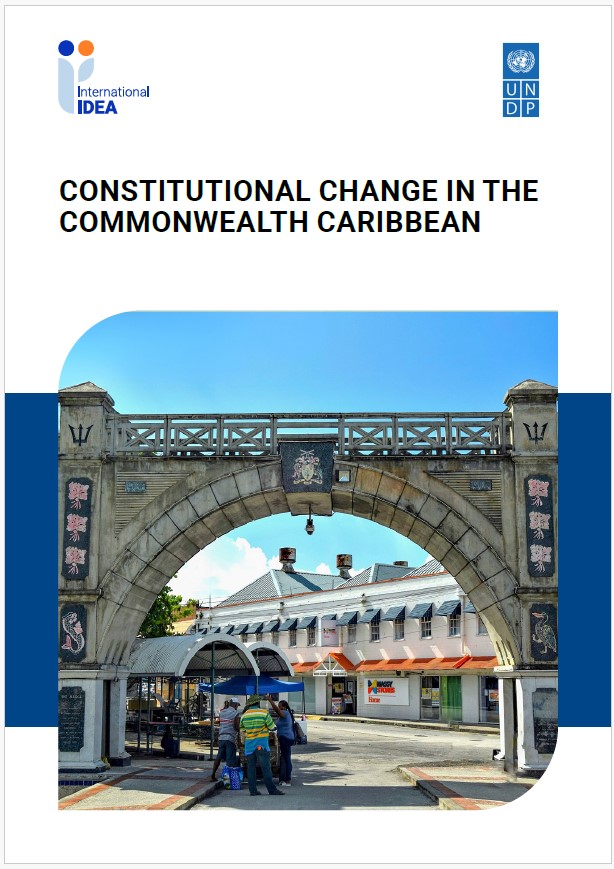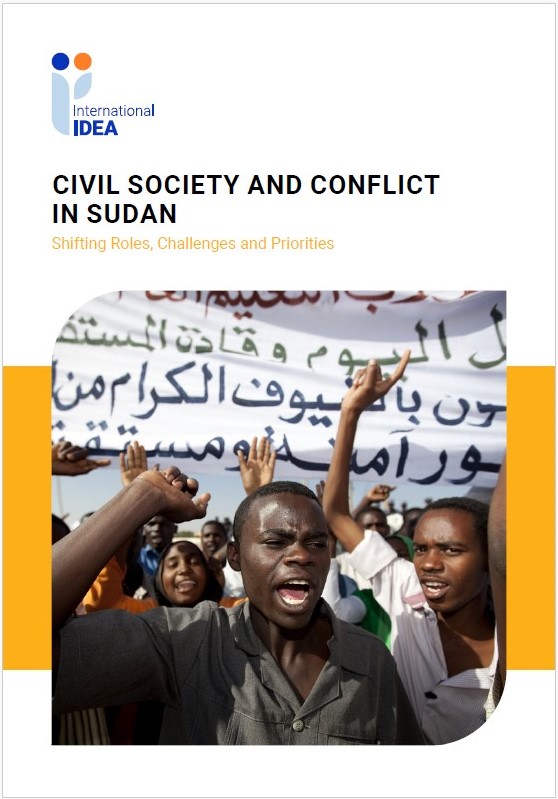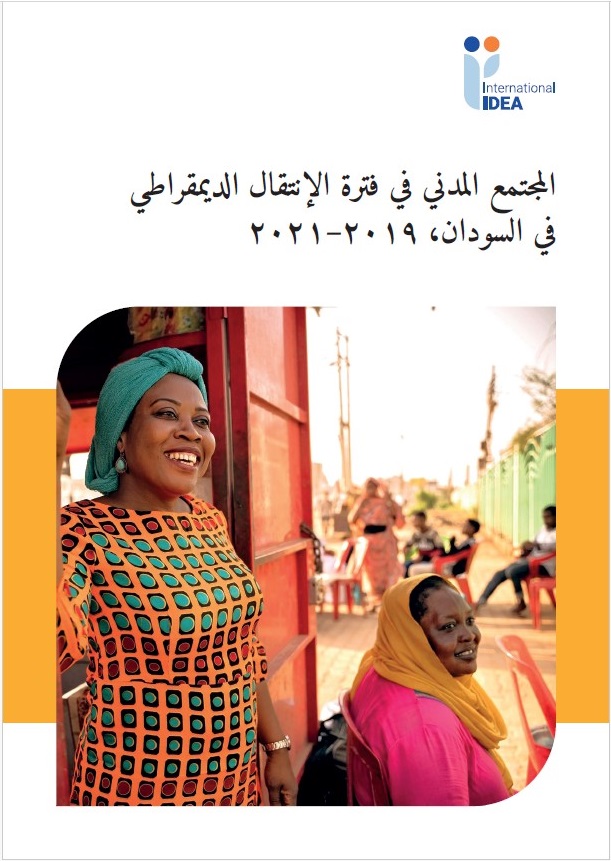The University of Chicago’s Professor Tom Ginsburg – an expert in comparative constitutions – recently visited Nepal and spoke about what makes a constitution successful.
Search
Region
Country
Type
Latin America has made considerable progress increasing political representation of women, but more active measures are needed to increase outcomes.
How to engage the youth of the world in politics has become a pressing issue. On the one hand, many see politics as irrelevant, yet the rise of social media has given youth a powerful means to express themselves.
The progress made in Latin America over the past 35 years in terms of free and fair elections, strength and respect of human rights, and democratization, is significant. However, its democracies still exhibit deficiencies and symptoms of fragility that need to be tackled.
As UN Member States focus on the post-2015 development agenda, they could do no better than to reflect on the results of a recent UN conducted survey in which millions of people throughout the world listed honest and responsive government as one of their top priorities. As a recent meeting in New York shows, there is still some way to go before such aims are translated into action.
In October and November 2014, Tunisia will hold parliamentary and presidential elections, the first after the adoption of the new constitution earlier this year. Both elections will be administered by The High Independent Election Commission in Tunisia (ISIE).
Indonesia can provide a useful model for nascent democracies in the region.
Since its first democratic elections in 1999, systematic and professional electoral observation by Indonesia’s civil society organizations has played a vital role in improving the overall quality of elections and building confidence by ensuring election results are accepted by candidates and parties.
International IDEA’s experience has shown that its citizen-led assessment frameworks provide a useful means for working within the post-2015 development framework.
South Africa, 9 – 10 September, 2014
As South Africa celebrates 20 years of freedom and democracy, International IDEA is marking the occasion with a Democracy Roundtable event on 9 – 10 September entitled Marking Gains and Counting Losses in 20 Years of Democracy: Perspectives on Democratic Accountability in South Africa.
A constitutional amendment alters the content of a constitutional text in a formal way. Constitutions need to be amended over time to adjust provisions that are inadequate, to respond to new needs, including supplementing rights. Otherwise, the text of a constitution cannot reflect social realities and political needs over time. Yet the constitution also needs to be protected from short-sighted or partisan amendments.
This Policy Brief argues that the citizen-led assessment approach should be used to implement, monitor and establish country owned accountability mechanisms for the post-2015 development agenda.
International IDEA’s State of Democracy, State of Local Democracy and Democratic Accountability assessment frameworks (developed as global public goods) offer a basis for designing such a framework.
During this half of 2014, the Parliamentary Centre and International IDEA will partner once again in supporting Bhutan’s democratic development.
“Just because public financing of political parties is unpopular in Peru doesn’t mean it’s not important.”
“Que el financiamiento público de partidos políticos sea impopular en el Perú no quiere decir que no sea importante.” Con esas palabras, el Director para América Latina y el Caribe de IDEA Internacional, Daniel Zovatto, sugirió que se considere la aplicación de la ley peruana que ya prevé esa figura. “Nadie está pidiendo que se invierta y financie a los partidos solo con recursos públicos, tiene que haber un sistema mixto, con recursos públicos y privados”.
International IDEA and the Central Electoral Board of the Dominican Republic jointly organized the International Seminar “Elections and Technology”, held in Santo Domingo on August 21 and 22, 2014.
IDEA Internacional y la Junta Central Electoral de República Dominicana co-organizaron el Seminario Internacional “Elecciones y Tecnología” el cual se realizó en Santo Domingo los días 21 y 22 de agosto del 2014.
The International Seminar “Elections in Central America and Dominican Republic: evaluation of experiences and lessons learned” was carried out in San José, Costa Rica, on August 12, 13 and 14, 2014. It was jointly organized by International IDEA and the Costa Rican Supreme Tribunal of Elections, through the Institute for Education and Studies in Democracy (IFED).
Los días 12, 13 y 14 de agosto de 2014 se llevó a cabo en San José, Costa Rica, el Seminario Internacional “Elecciones en América Central y República Dominicana: evaluación de experiencias y lecciones aprendidas”, organizado conjuntamente por IDEA Internacional y el Tribunal Supremo de Elecciones de Costa Rica, a través del Instituto de Formación y Estudios en Democracia (IFED).
El encuentro es organizado por la Junta Central Electoral de República Dominicana e IDEA Internacional, en el cual especialistas de varios países latinoamericanos compartirán experiencias en tecnología aplicada a los procesos electorales con el propósito de tener un referente para la toma de decisiones de cara a los procesos electorales siguientes.
While many countries have addressed political party finance constitutionally, such provisions are usually phrased in general terms, leaving the details to law and to the regulations promulgated by enforcement agencies.
Legal reforms to political party finance systems are not a panacea: but when written and implemented well, the legal framework can help address significant challenges that face political party systems.


